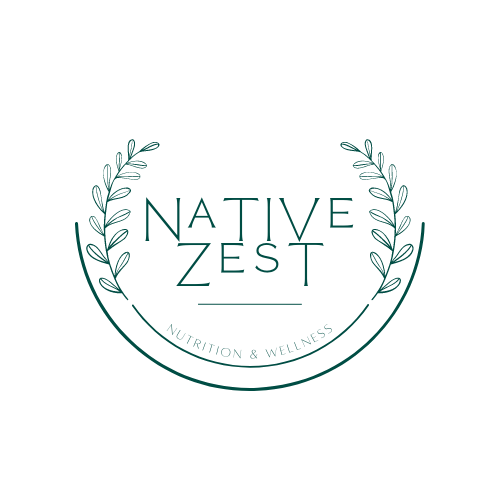-
Low-FODMAP Diet
Download my Low FODMAP Diet Guide which includes general information about what the diet is generally used for and what foods to eat.
-
Balancing Hormones
The body goes through many changes as we age. It is important and beneficial to address these changes through a natural approach. By adjusting diet and lifestyle you can support your body in making this adjustment as comfortably as possible and improve quality of life...
-
The Mediterranean Diet
The Mediterranean diet is about more than just what you eat; it is also about following a lifestyle that is traditional to the surrounding area of the Mediterranean. Interest was sparked by finding countries surrounding the Mediterranean higher life expectancy and lower rates of non-communicable diseases such as cardiovascular disease, cancer and diabetes...
-
Mindfull Eating
We are all familiar with how the saying goes, "you are what you eat"; but what we should really be saying is, you are what you digest of what you eat. It is important to understand that how we eat our food effects digestion of that food and hence, what nutrients we get out of it. With growing research in the impact of gut microflora on our health, the importance of taking care of our gut is more apparent...
-
Nutrition During Breastfeeding
Check out my Nutrition During Breastfeeding handout.
-
Glutathione: ‘Queen of the antioxidants’
Glutathione (a non-essential amino acid) is not found in food, our bodies synthesize it, but you can still boost your glutathione levels through your diet. Consuming sulfur-rich foods such as arugula, cruciferous vegetables and garlic, and sources of cysteine such as whey proteins, promote glutathione synthesis.
-
Anti-nutrients
Just as the name implies, anti-nutrients are chemically active substances found in a plant that act in a way to fight against absorption of the plant’s nutrients. Some bind to nutrients and prevent them from being absorbed. It’s hypothesized that the reason for anti-nutrients to occur...
-
Good fats: flax seeds vs pumpkin seeds
Flax contains Omega-3 fatty acids in the form of alpha-linolenic acid (ALA). Lipoprotein levels, impact on cholesterol Whole flaxseed has been shown to decrease LDL levels but also do not seem to have an effect on concentrations of HDL and triglyceride levels...
-
Proteins crucial role in the body
Proteins are composed of amino acids and are the most functionally diverse molecules in the body. Proteins act as antibodies, binding to foreign particles like viruses and bacteria, enzymes, carrying out chemical reactions in cells and they form new molecules by reading DNA. Proteins also play a role in hormones, structure/growth/repair of bone..
-
Counting calories; the good, the bad
There are benefits to counting those pesky little calories, for instance, it's good to be considerate of your daily intake. Or, on the other end, you also want to make sure you are consuming enough! However, there are many limitations to counting. Metabolically, calories are not created equal...










